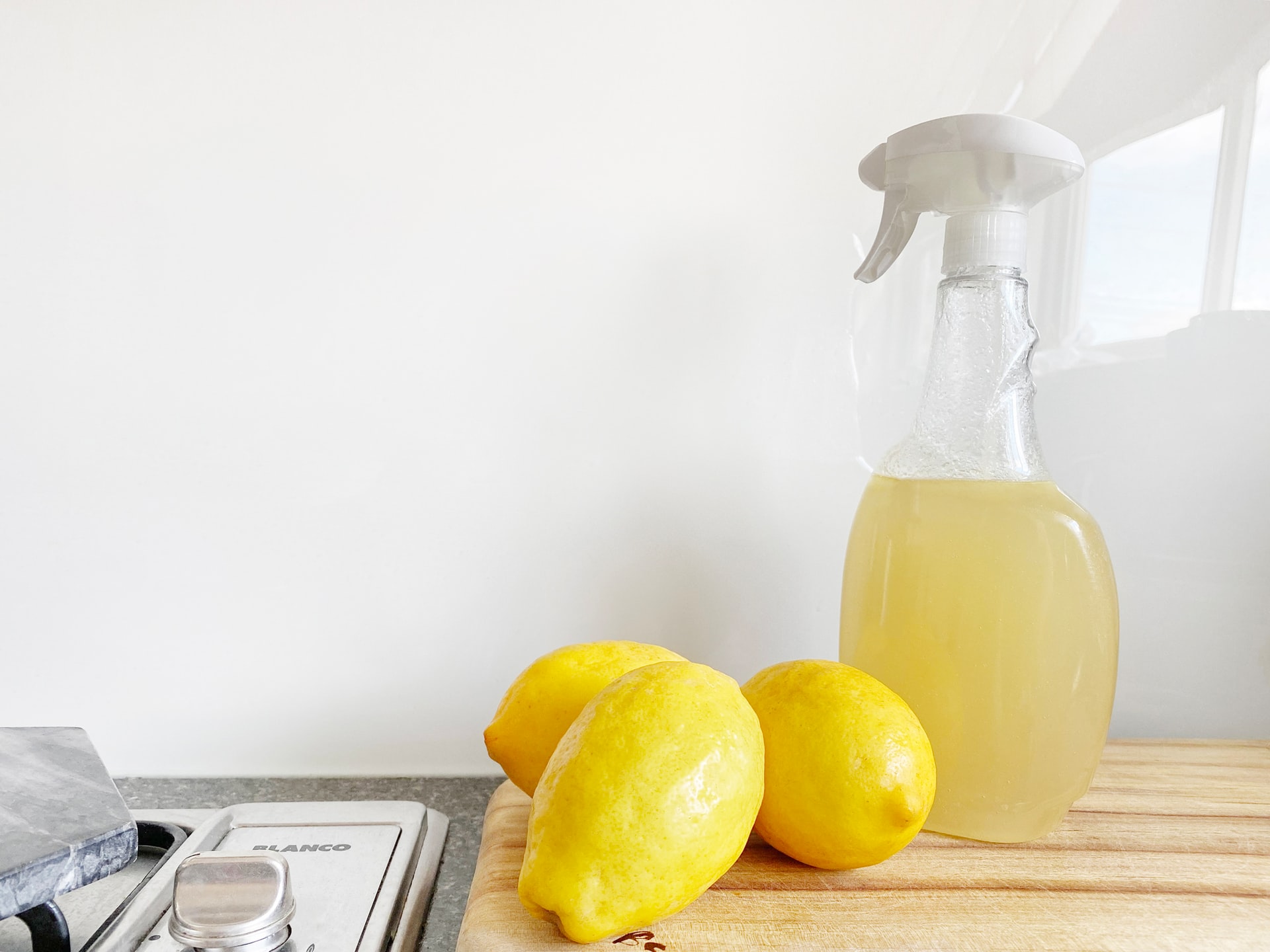Can’t seem to get to sleep, even when you count the sheep? Visiting the Land of Nod, for many people, isn’t as easy as simply drifting off to sleep. Experts agree that at least seven to eight hours of sleep are necessary for adults to feel fully rested. Children, depending on age, need anywhere from nine to 14 hours of sleep. A number of factors affect your sleep cycle, especially your diet. Is what you’re eating helping or hindering your sleep pattern? Here are five ways your diet is influencing your ability to sleep:
Sugar
Many people reward themselves with chocolate at the end of the day, or right before bed. The taste is soothing on your palette, but is that sweet treat affecting your sleep? How often do you consume sugar throughout the day? If you have sensitivity to sugar, you need to be careful. As you consume sugar, your blood sugar also increases before dropping quickly as your body struggles to maintain homeostasis. The body releases hormones to regulate the levels properly. Your fluctuating blood sugar and hormone levels definitely affect your sleep. Sugar also suppresses orexin, a neurotransmitter in the brain that affects sleep. High levels of orexin lead to wakefulness and low levels of orexin lead to sleepiness. A teaspoonful of sugar in chamomile tea would help you achieve restful sleep, but cut back on the sugar in your morning coffee if you want to be up and at ‘em.
Caffeine
Practically all sodas, teas and energy drinks contain caffeine. For most, their chosen vice is coffee. It’s necessary to get up and go in the morning. For many, the smell of coffee is stimulating enough to curb morning moodiness. Coffee actually assists with digestion and certain cardiac risks, with a moderate intake of three daily cups. So, what’s so bad? It’s about balance. It’s not quite true that coffee will keep you awake all night. Every person is different and so is the individual’s chronotype, or when they feel the most awake. Coffee affects sleep negatively for morning people, but evening coffee drinking doesn’t hurt night owls’ sleep. The body metabolizes caffeine within six hours. Morning people: Try an experiment and cut out caffeine after 2 p.m. Night owls: Drink up, but maintain a regular sleeping pattern.
Alcohol
A nightcap is just what you need to get to sleep, right? A glass of wine before bed will take the edge off and let your monkey brain get off the topic of bananas, for once. Alcohol does reduce the amount of time it takes to fall asleep, yes. Red wine has antioxidants and other amazing properties that positively affect health. It’s fine, right? Though alcohol allows many to fall asleep quickly, the quality and quantity of that sleep is disrupted. That nightcap affects REM (rapid eye movement), which works to restore the body with dreamy delta waves. REM is where your brain enters into dreaming, which is healing and stress-relieving in its own right. After alcohol consumption, one study showed a mix of dreamy beta waves and active alpha waves doing a number on participant sleep patterns. The drowsiness the next day wasn’t something to phone home about, either. Now, pair that questionable nightcap with an existing issue of sleep apnea. Alcohol can suppress breathing, which increases the likelihood of an individual’s breath stopping altogether if he or she has sleep apnea. Consider nixing the nightcap for better sleep. Alcohol will stay in your system for up to 12 or more hours, depending on other facts, like whether you’ve been drinking on an empty stomach.
Too Few Meals and Overeating
Everyone has been told that eating well-balanced, nutritious meals daily promotes better health and sleep. Do most people adhere to this? No, of course not. The primary excuse is not having enough time to eat, which sounds ridiculous. Yet, it’s true for many. What happens then? You skip meals, only to overeat at lunch or dinner. Eating a big meal on an empty stomach messes with your metabolic system and could lead to diabetes, if made into a habit. Your digestive system suddenly gets ambushed with all of this food, and you’re pregnant with a food baby. It’s not a pretty cycle, and it’s killing your chances of getting quality sleep. While sleeping, the body is undergoing a fast of sorts, as REM sleep works to heal the body. You don’t want an angry digestive system gurgling for food or waking you up to birth a food baby. Too much information? Strive to spread your meals out into five small meals, if three is too much. You know your body. The key is moderation and balance.
Ignoring GI Sensitivity and Food Allergies
Are you sensitive to gluten or are lactose-intolerant? Do you have irritable bowel syndrome but are ignoring your diet plan? What are your food allergies? Food allergies, and other self-reported food sensitivities, are associated with poor quality of sleep and other aspects of life. It’s important to get any suspicions of sensitivity to certain foods checked out by your doctor. These conditions have a huge impact on the body’s ability to rest and heal. When you ignore your GI sensitivity, you’re adding to the work your body has to do. Don’t make it harder on your gut. Work with a nutritionist or dietician to incorporate recipes into your diet plan that are nutritious and delicious. Avoid GI triggers, especially four hours before bed, to improve your overall health and sleep quality.
Balance in Diet is Key to Restful Sleep
As with most things in life, balance is key within your diet to achieve restful sleep. What you drink or eat can help or hinder the quality of your night’s rest. Too much or too little matters. Don’t skip meals. Don’t overeat. Pay attention to what your body says about the consumption of certain foods, sugary treats and beverages. Strive to regulate your sleep patterns with a diet plan that works for you.





